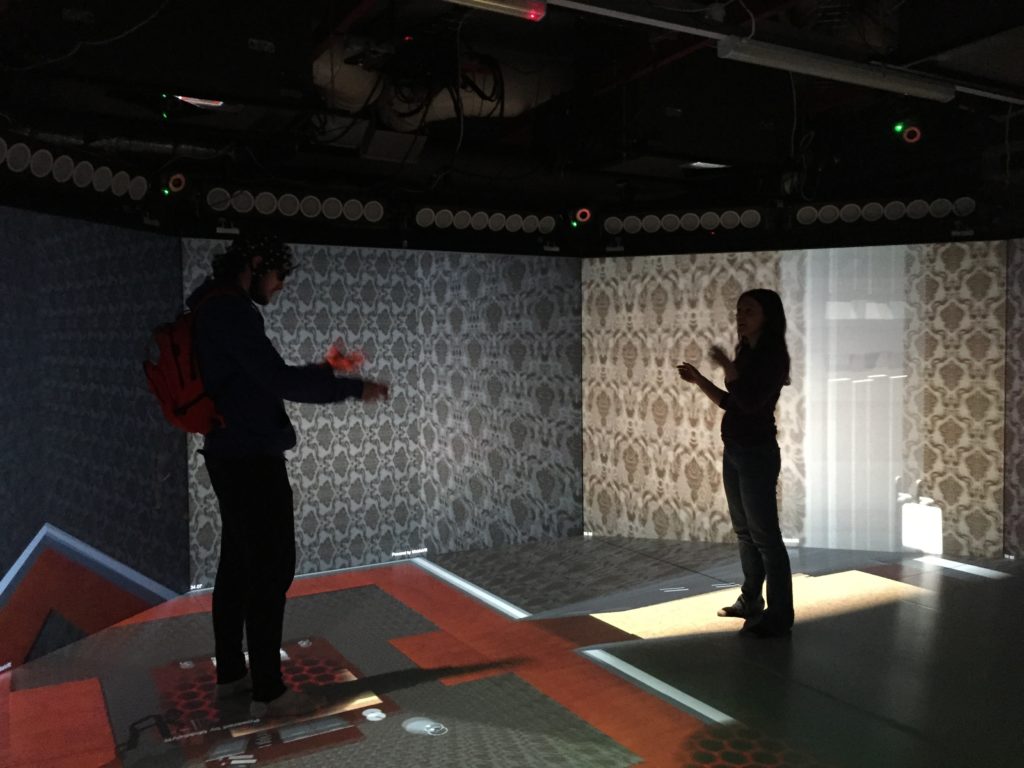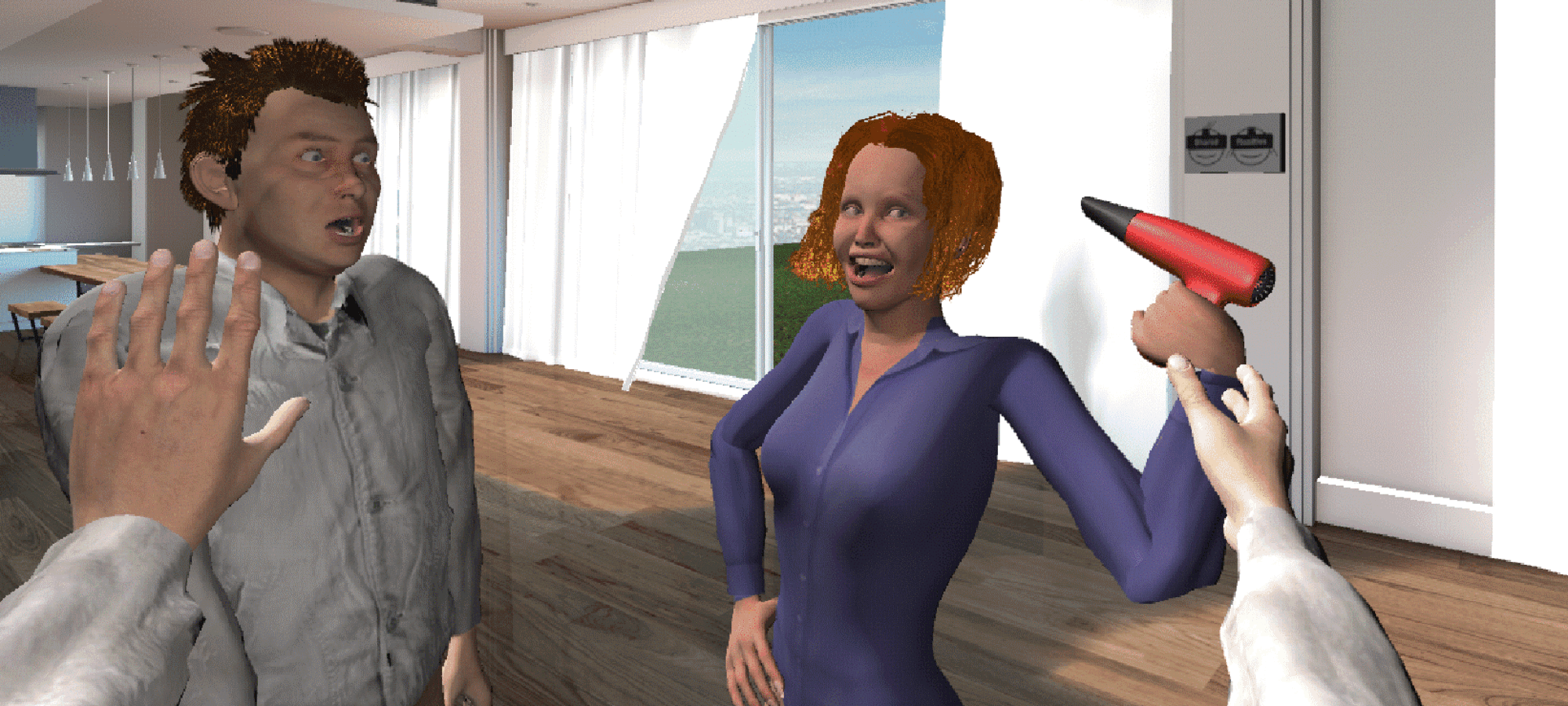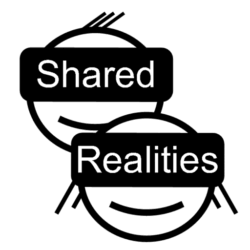
We offer consultancy, research and development, within the context of natural social interaction in the Metaverse.
Our background is in developing shared mixed reality, in which non-verbal interaction and neural executive function can be studied.
Our expertise thus juxtaposes domains of shared XR technology with social cognition and neuroscience.
Our specialisms include: avatars reconstructed live from video or driven from tracking of eyes, face and limbs; mixed and augmented reality, underlying communication infrastructure; and immersive neuroimaging.
We have experience in applications including mental health, emergency response, and space mission planning.
Our Story
The team comprises David Roberts, who has been a professor in this field for over 25 years, and some of his finest graduated PhD students who have gained further experience in the field in a range of industries and research settings.
Within our earlier university setting, we worked together to pioneer the integration of immersive displays with eye tracking, neural imaging, and video capture and reconstruction of humans.
Along the way, we have also helped the NHS to adopt the use of immersive VR therapy for vulnerable children, and Jaguar Land Rover, to take up VR in design, leading to the design of models such as the Evoke.
Focus
Our focus is attempting to reproduce the face to face meeting in the Metaverse. We have applied this to applications including Mental Health and Mission Control, where it is important to communicate emotion, attention, intention and action.
We help others to understand why it is so important and hard to faithfully and holistically convey non-verbal communication through technology and how to bring cutting edge technologies together to approach it.
Meet the Team
Founder & CEO
Dr David Roberts
David has recently stepped away from being a University Professor of Telepresence, to concentrate on Shared Realities Ltd.
As a professor he has held positions including Head of the UK’s EPSRC National Industrial Centre for Virtual Environments, and Academic lead of Digital Health, within the University of Salford.
For more that 25 years, David has developed and studied the use of advanced shared reality and telepresence technologies which encourage natural interaction between people brought together by merging real and virtual places.
He has undertaken this research within the disciples and departments of Cybertnetics, computer Science and Psychology.
His applied research was named National exemplar of economic benefit of research by the UK Research Councils and the Royal Society and he has since helped the NHS to adopt Virtual Reality Exposure Therapy to support survivors of the Manchester Arena bomb.
He is experienced in technologies including video based reconstruction, mixed reality, expressive avatars, eye tracking, and immersive neuroimaging.
Associates
Dr Robin Wolff
VR expert with special focus on immersive environments, augmented reality, 3D user interfaces, human machine interaction, tele-immersion, distributed simulation.
15 + years experience in:
– programming, operation, installation and maintenance of immersive Virtual Reality equipment
– real-time graphics programming and distributed real-time simulation
– design, implementation and analysis of user studies
– scientific publication
Dr Alexander Landowska
Immersive neuroimaging
10 + years experience in combining nuoimaging with immersive virtual reality, using EEG, fMRI, and most often fNIRS, in mental and physical health.
Dr Tobias Duckworth
Software developer with experience in computer vision applied to immersive telepresence.
15+ years experience of coding based development, including c++, assembler, operating systems and embedded systems.
Dr Godson Ahamba
Developer with experience in neuroscience, psychology and 3D modelling of virtual humans.
More to be confirmed shortly

